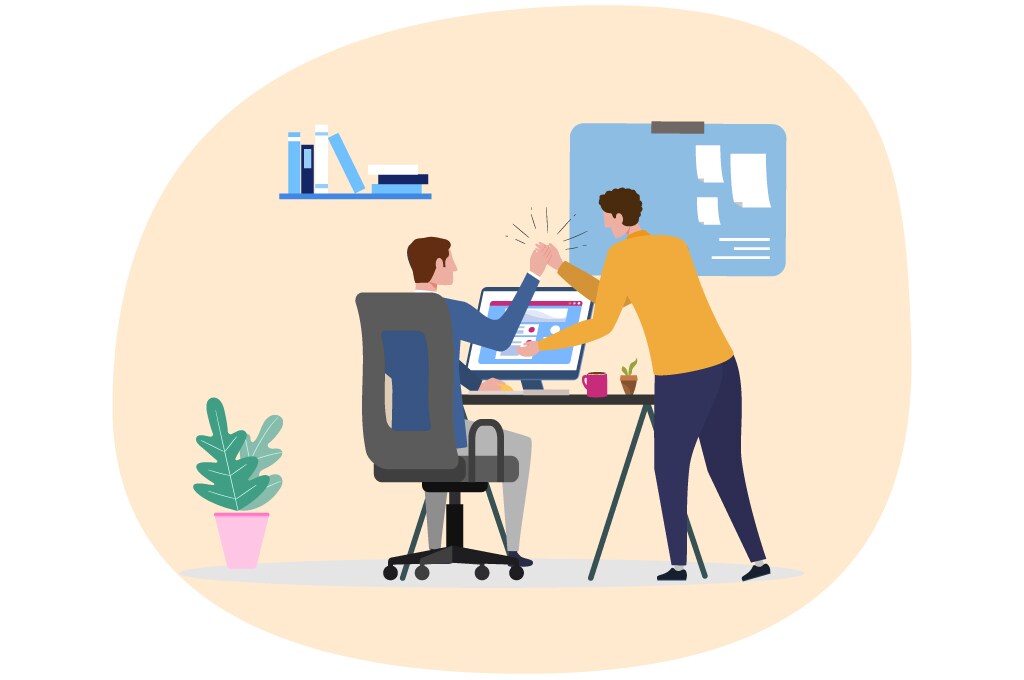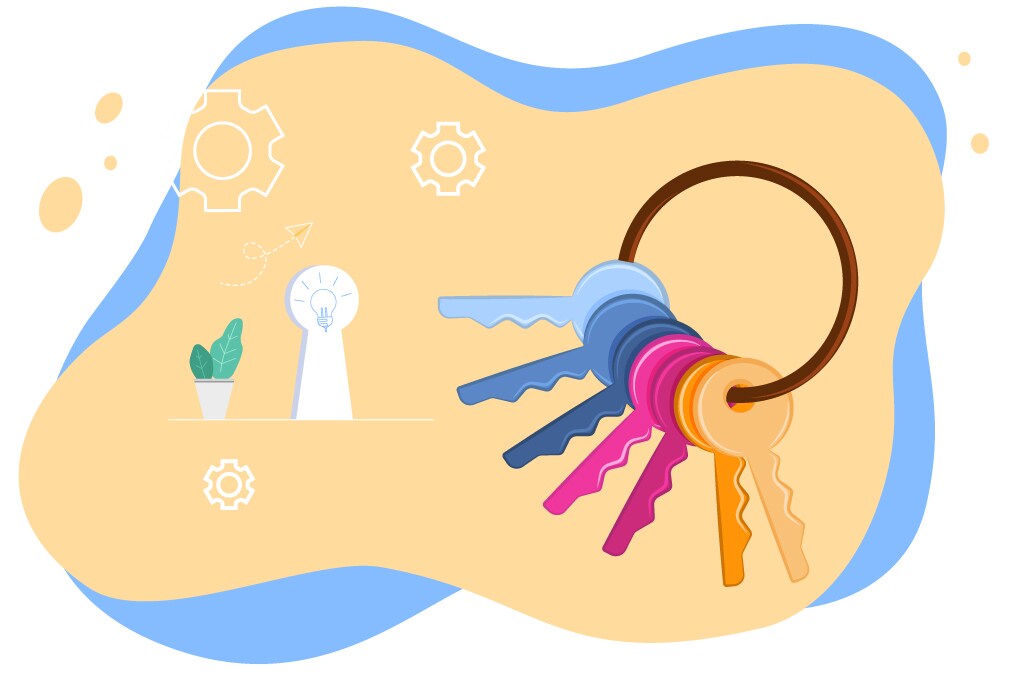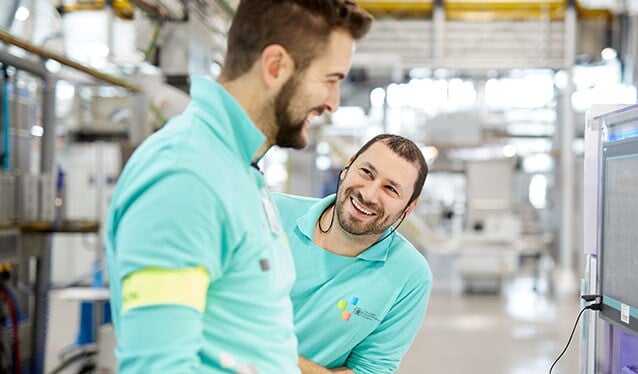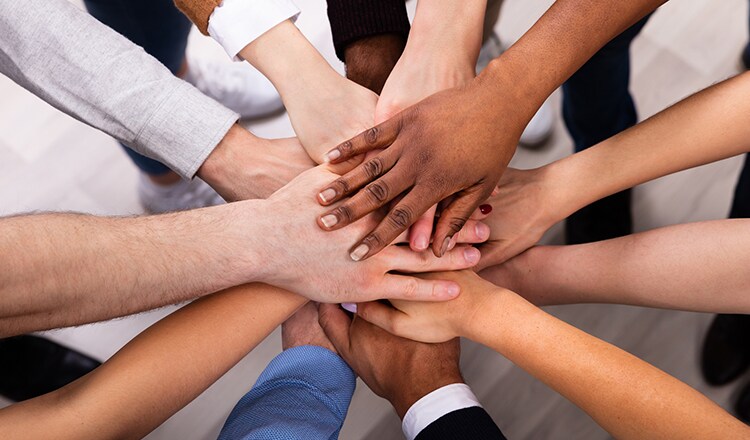Welcome to Voices of change, our series aimed at inspiring fellow professionals with game-changing business advice in today’s dynamic workplace.
From innovative ways of working to the benefits of mentoring, and from triumphing after tough times to bringing out the best in your team, our amazing PMI people are here to help.

If your position gives you the power to shape, influence, and impact, how do you realise your leadership goals?
Taking the wheel in a storm: One woman’s inspiring journey of self-empowerment
Voices of changeIf you’re struggling with mental and physical wellbeing, and work and family life is overwhelming, reach out for help and change the narrative. You can help yourself—and others—to build a better future.
4 min readRead more
I’ve learned to stop doubting myself and see new challenges as a chance to learn and make a positive impact.
Laura Santos
Privacy Manager, Americas, Philip Morris International

Fostering a collaborative workplace where everyone is valued can improve performance, retention, engagement, and mental health.
How building bonds at work can boost your professional and personal development
Voices of changeResearch has shown friendships at work improve job satisfaction, employee retention, engagement, performance, and mental health.
4 min readRead more


















